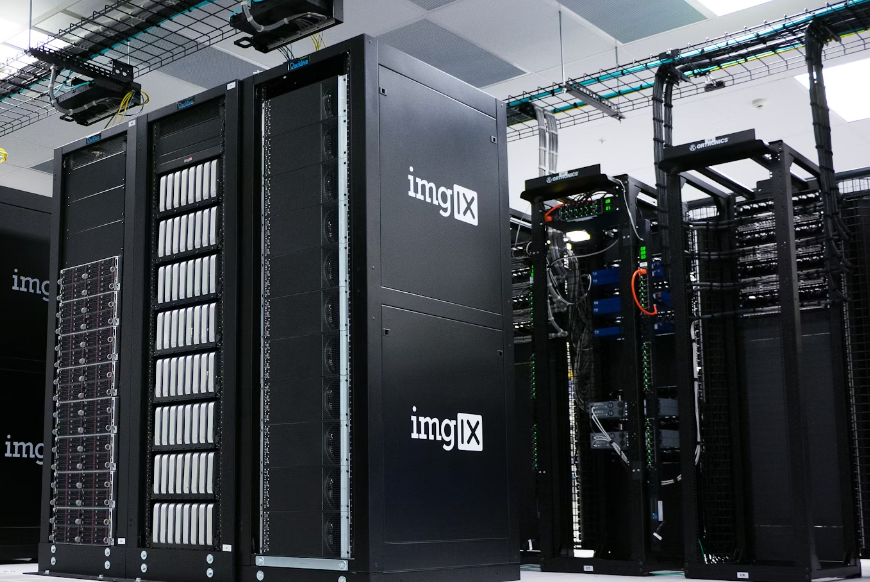Navigating Tough Times: Small Businesses Face Challenges Amid Economic Uncertainty
Small businesses, often considered the backbone of the global economy, are facing significant challenges as economic uncertainty continues to loom. From inflationary pressures to supply chain disruptions and changing consumer behavior, many small businesses are struggling to adapt and survive in this volatile environment. Here’s a closer look at the key issues impacting small enterprises and how they are trying to navigate through these tough times.
1. Inflation and Rising Costs
One of the most pressing issues for small businesses is inflation, which has driven up the cost of goods, services, and wages. Many small enterprises operate on thin margins, making it difficult to absorb these increased expenses without raising prices for customers. However, with consumers also feeling the pinch of higher living costs, raising prices may lead to reduced demand and further strain on sales.
For small business owners, this creates a delicate balancing act—how to maintain profitability without losing customers. Some have turned to cost-cutting measures or renegotiating supplier contracts, while others have explored ways to improve operational efficiency through technology.
2. Supply Chain Disruptions
Global supply chain disruptions, exacerbated by the pandemic and geopolitical tensions, have continued to impact small businesses. Delays in receiving inventory, shortages of raw materials, and increased shipping costs are just a few of the supply chain issues creating headaches for small business owners.
Many small businesses have had to adjust their operations, sourcing from new suppliers or adopting just-in-time inventory strategies to mitigate the impact of these disruptions. However, these solutions often come with their own challenges, such as higher costs or reduced flexibility in meeting customer demands.
3. Labor Shortages and Workforce Challenges
The labor market has been another area of concern for small businesses, particularly in industries like retail, hospitality, and healthcare. Labor shortages, coupled with rising wages, have made it difficult for many small businesses to attract and retain employees. With the demand for skilled workers high and competition fierce, small businesses are often at a disadvantage compared to larger companies that can offer better benefits and higher pay.
To cope, some small businesses have had to reduce hours of operation, offer more flexible work arrangements, or invest in upskilling their current workforce to cover gaps in staffing. Others are exploring automation and technology to streamline operations and reduce their reliance on labor.
4. Changing Consumer Behavior
Economic uncertainty has also led to shifts in consumer behavior, with people becoming more cautious about their spending. Inflation has decreased purchasing power, and consumers are increasingly prioritizing essentials over discretionary items. This shift poses a particular challenge for small businesses in non-essential sectors, where demand has become more unpredictable.
In response, many small businesses are focusing on customer retention and loyalty programs, offering discounts or promotions to encourage spending. Some have also embraced e-commerce and digital marketing strategies to reach a wider audience and adapt to the growing trend of online shopping.
5. Access to Financing
For small businesses, access to capital is critical, especially during challenging times. However, many small business owners are finding it difficult to secure financing amidst tightening credit conditions. Rising interest rates, combined with banks being more cautious about lending, have left some businesses without the financial support they need to weather the storm.
To address this, some businesses are turning to alternative financing options, such as crowdfunding, peer-to-peer lending, or seeking investment from venture capital. While these avenues provide some relief, they often come with higher risks or costs, which may not be sustainable in the long run.
6. Uncertainty in Government Support
Government support has been a lifeline for many small businesses during the height of the pandemic, but as economies recover, much of that assistance is winding down. Small business owners are left wondering whether new government programs or policies will be introduced to address ongoing challenges like inflation and labor shortages.
The uncertainty surrounding future government support adds another layer of complexity to decision-making for small business owners. Without clear direction or aid, businesses must rely on their own strategies to navigate the current economic landscape.
7. Resilience and Adaptation: A Silver Lining
Despite the significant challenges, small businesses have shown remarkable resilience and adaptability in the face of economic uncertainty. Many have pivoted their business models, embraced digital transformation, and found creative solutions to survive.
Small businesses that have successfully navigated these difficult times have done so by staying nimble—continuously reassessing their strategies, finding new revenue streams, and remaining connected to their customers. For some, the crisis has been an opportunity to innovate and find new ways of delivering value, positioning them for long-term success.
Conclusion: A Difficult Road Ahead, But Not Without Hope
Small businesses are at a crossroads, grappling with economic uncertainty that shows no signs of abating in the near future. Inflation, supply chain issues, labor shortages, and changing consumer behavior are just a few of the hurdles they must overcome. However, despite these challenges, small businesses continue to demonstrate resilience and resourcefulness, adapting to survive and thrive.
For many small enterprises, the road ahead will be difficult, but with the right strategies and support systems in place, there is hope that they can emerge stronger from this period of uncertainty. As they continue to innovate and find ways to connect with their customers, small businesses will remain a vital part of the global economy—driving growth, creating jobs, and fostering community resilience.





